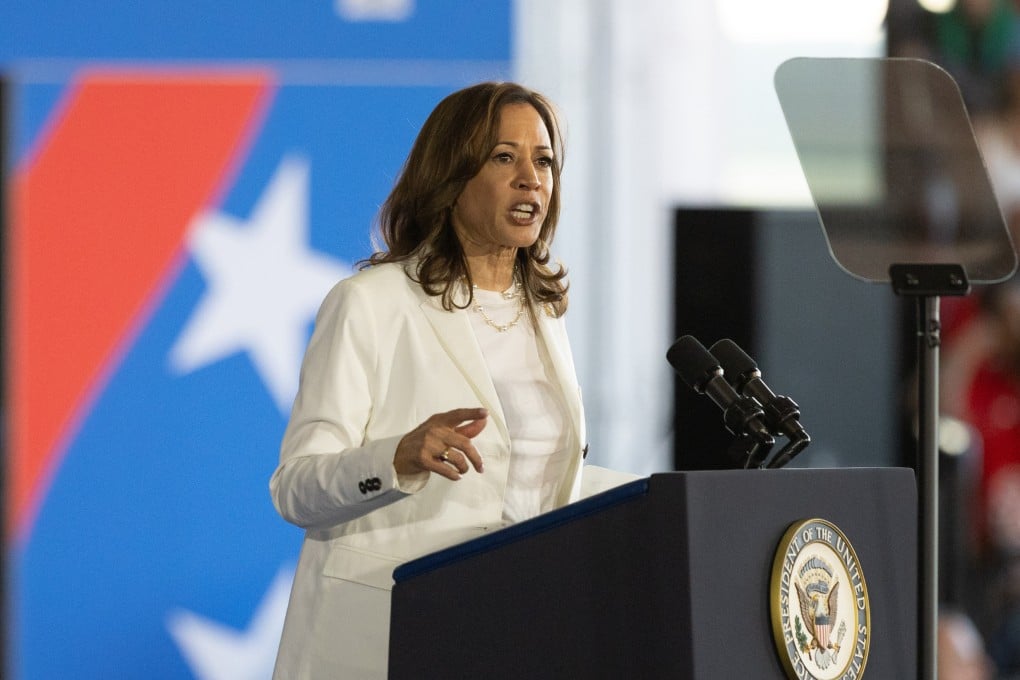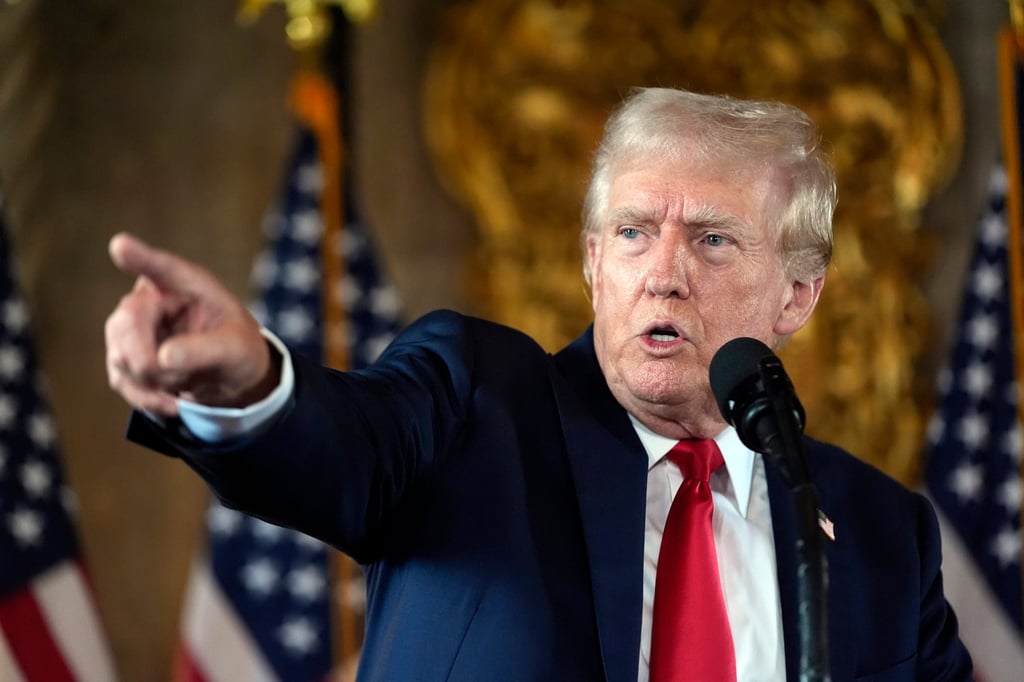Advertisement
As US trade with Asia flourishes, resistance to CPTPP bloc holds firm
- American companies have integrated more deeply with Vietnam and other regional partners outside the grouping, undercutting need to join pact
Reading Time:5 minutes
Why you can trust SCMP
6

Holly Chikin Washington
In a US presidential election season defined by sharp differences over abortion, gun control, voting rights and other social issues, trade policy has so far got short shrift.
Advertisement
Presumptive Democratic nominee Vice-President Kamala Harris has spent most of the time since President Joe Biden opted out of the race highlighting the controversial comments and positions of Republican nominee Donald Trump and his running mate J.D. Vance, nearly all of them involving culture-war issues like reproductive rights.
Trump, meanwhile, has threatened to raise import taxes across the board and substantially more on products from China. Yet it is generally difficult to differentiate between campaign rhetoric from actual intention and particularly risky when it comes to the former American president.
On trade, one significant stance has held: resistance to the trans-Pacific trade bloc from which Trump withdrew the US in one of his first official presidential acts in 2017.

Known then as the Trans-Pacific Partnership and later as the Comprehensive and Progressive Agreement for Trans-Pacific Partnership (CPTPP) when Japan salvaged the pact and carried it forward without Washington, the bloc is nearing its sixth anniversary since the CPTPP came into effect.
Advertisement
Trade within the 11-country grouping has grown 5.5 per cent between 2018 and 2021. Meanwhile, members that lacked free-trade agreements with one another before the CPTPP saw a further increase of 13.2 per cent in trade, such as Canada with Australia, Japan, New Zealand, Singapore and Vietnam, according to a CPTPP report in December.

Advertisement